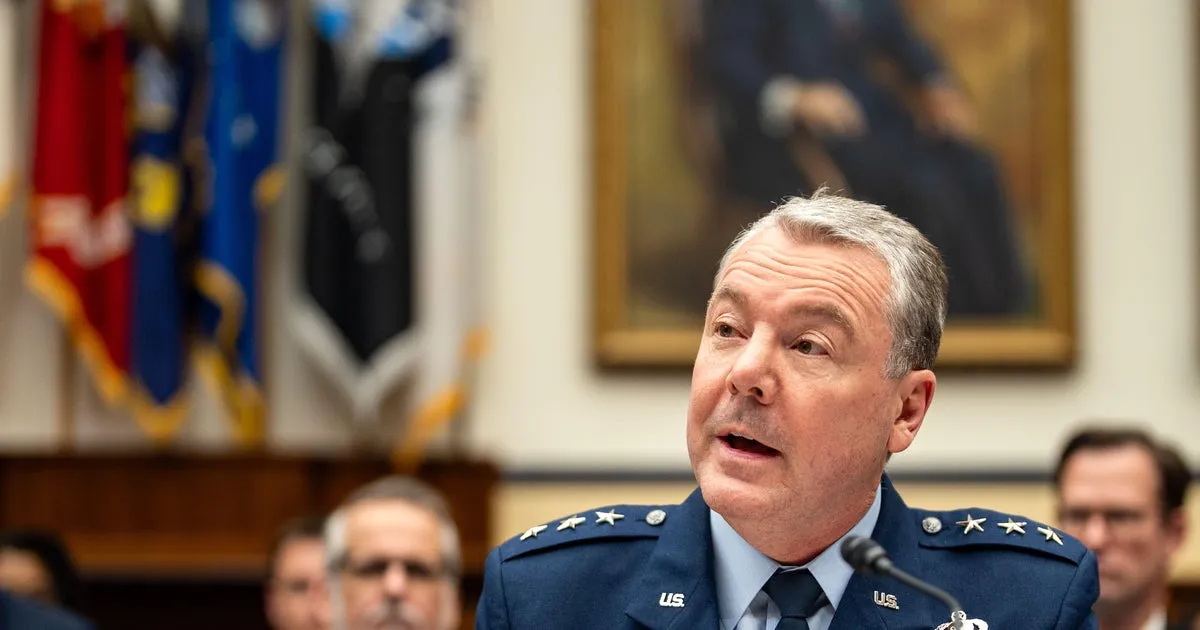
In a surprising turn of events, Lt. General Jeffrey Kruse has been dismissed from his position as the Defense Intelligence Agency (DIA) director, as confirmed by a senior defense official on Friday. The announcement marks a significant change in leadership within the agency, which plays a crucial role in national security and intelligence analysis.
Following Lt. Gen. Kruse's departure, the DIA's deputy director, Christine Bordine, will take over as the acting director. A spokesperson for the agency confirmed this transition, indicating a continuity of leadership during this unexpected shift. The reasons behind Kruse's abrupt firing remain unclear, as intelligence committee leaders in Congress were informed but provided with no specific rationale for his removal.
Democratic Senator Mark Warner of Virginia, who serves as the vice chair of the Senate Select Intelligence Committee, expressed his concerns regarding the dismissal. In a statement, he highlighted the troubling trend within the Trump administration of treating intelligence appointments as a loyalty test rather than prioritizing national security. This sentiment reflects growing apprehension among lawmakers about the implications of such firings.
The Defense Intelligence Agency is responsible for the preliminary assessment of military operations, including the recent airstrikes against Iran's nuclear facilities. According to reports, the DIA assessed that these strikes had only delayed Tehran's nuclear program by a matter of months. This assessment was shared shortly after the airstrikes, leading to significant discussions regarding its accuracy and implications.
Furthermore, the DIA's findings indicated that a portion of Iran's enriched uranium stockpile had been relocated prior to the strikes, challenging the narrative presented by President Trump. Following the strikes, the President claimed that Iran's nuclear enrichment facilities had been "completely and totally obliterated," asserting that the U.S. action had effectively set back Iran's nuclear ambitions by decades.
The unexpected nature of Kruse's firing has left many DIA employees in shock. Reports from within the agency reveal that staff members were taken by surprise, with one employee recounting a conversation in which a colleague reacted with disbelief. Concerns about the politicization of their work have been voiced openly, contributing to a growing sense of unease regarding the stability and integrity of the agency's mission.
This leadership change at the Defense Intelligence Agency underscores ongoing tensions within the intelligence community, raising questions about the future direction of U.S. intelligence operations and the impact on national security.